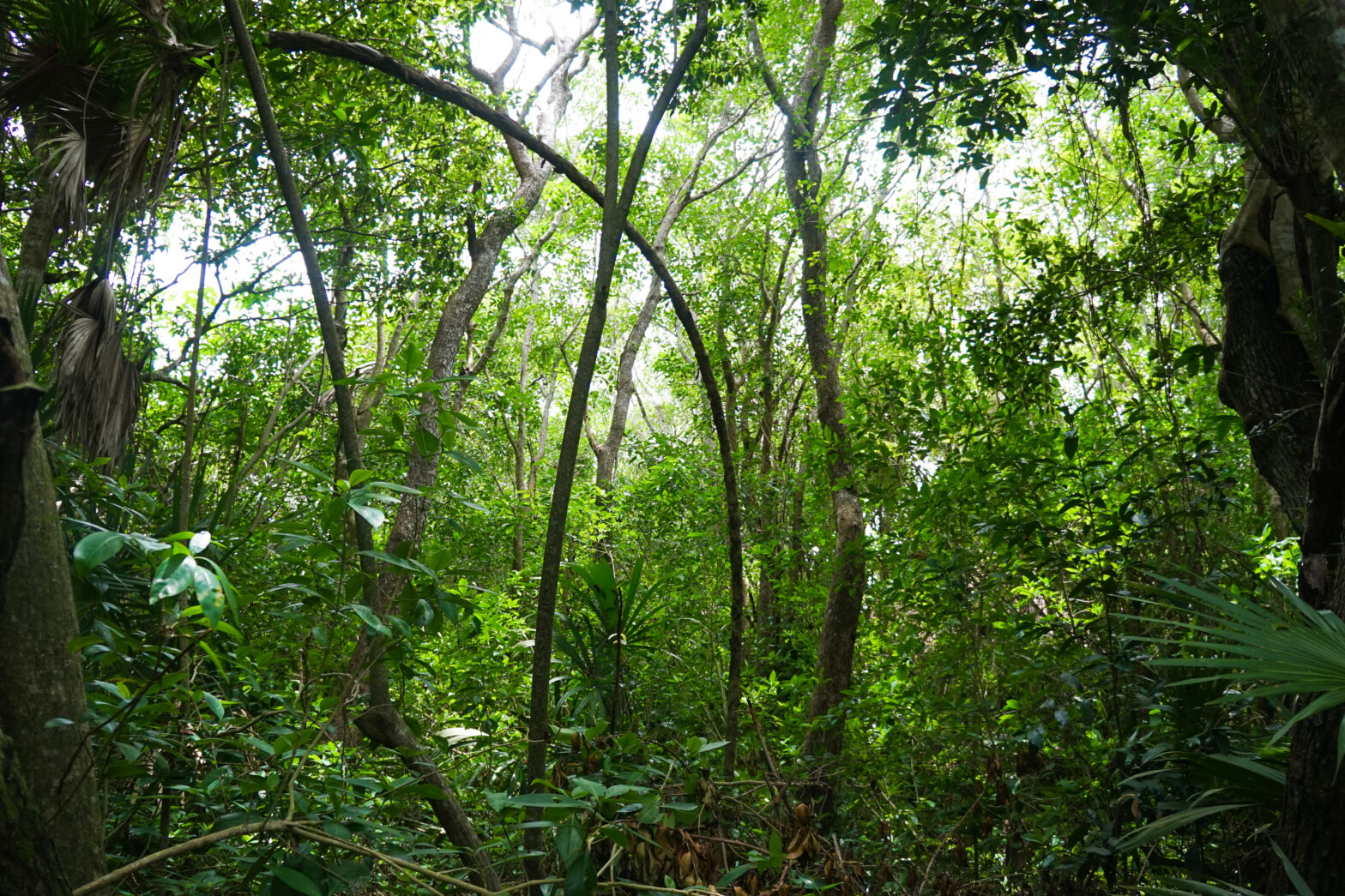Building Production Capacities in Mayan Forest Communities
Organization: Forest Stewardship Council, Asociación Civil (FSC, A.C.)
Location:
The project localities are Juan Sarabia, Municipality Othon P. Blanco, where the Technological Institute of the Mayan Zone (ITZM) is located, and the town of Nohbec, Municipality of Felipe Carrillo Puerto. Both are in the State of Quintana Roo, Mexico. Benefits from the project will extend to the communities of Petcacab y Polinkin, Caobas, Xhazil, Bacalar, and Alianza Selva Maya.
Country: Mexico
Other Organizations Involved:
Instituto Tecnológico de la Zona Maya

Background
Mayan communities depend on the forest for their livelihoods. Recognizing the benefits of responsible forest management, several communities have received FSC certification, which verifies that their forest is being managed in a way that preserves the natural ecosystem and benefits the lives of local people and workers. However, FSC certification is not enough to bring Mayan forest-based products to local and regional markets. Production limitations, including the lack of specialized expertise in carpentry and the necessary equipment to manage wood products, prevent these communities from creating high-quality products for purchase and use in the region. To address these challenges, FSC will help communities increase their expertise and production capacities, link them to regional markets, and create a sustainable platform for future replicability in the region.
Goals
FSC will help community forest owners build capacity for local production, develop and produce high-quality forest products, and connect local production with regional markets.
Main activities
- Provide multi-site, multi-level hands-on training to community carpenters, with attendance supported by scholarships, to enhance consistent production and assembly methods, quality control practices, and workmanship;
- Purchase and train in the use of solar equipment that will improve the wood-drying process;
- Establish a showroom, utilize social media, and develop market linkages with existing and potential clients with expressed interests in social and environmental responsibility to promote and sell community products.
Results
Mayan communities will produce high-quality forest products with the comparative advantage of native species for sale in regional markets, including the tourist areas of the Mexican Caribbean (Riviera Maya) that can successfully compete with imported products. Products such as terrace and garden furniture will be created from responsibly managed forests and provide social, economic, and environmental benefits to Mayan communities in the region.
The proposed project advances FSC’s responsible forest management standards, in which social, economic, and environmental needs are factored in order to empower the people who live in, care for, and derive benefit from forests. The project will move beyond FSC standards to advance a sustainable model for forest-dependent communities. Working with FSC-certified Mayan communities, FSC will create environmentally responsible economic development through the purchase of equipment, increase the production capacities of local communities, and connect producers to regional markets. This will create a more sustainable pattern of production and consumption in Mexico, and provide a model for replication in other North American communities.